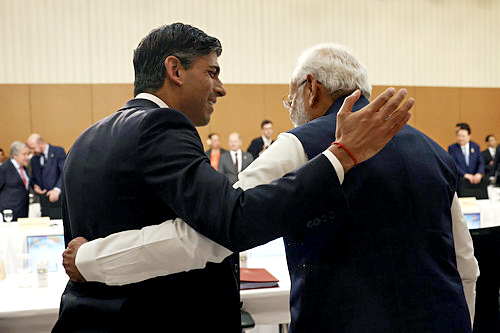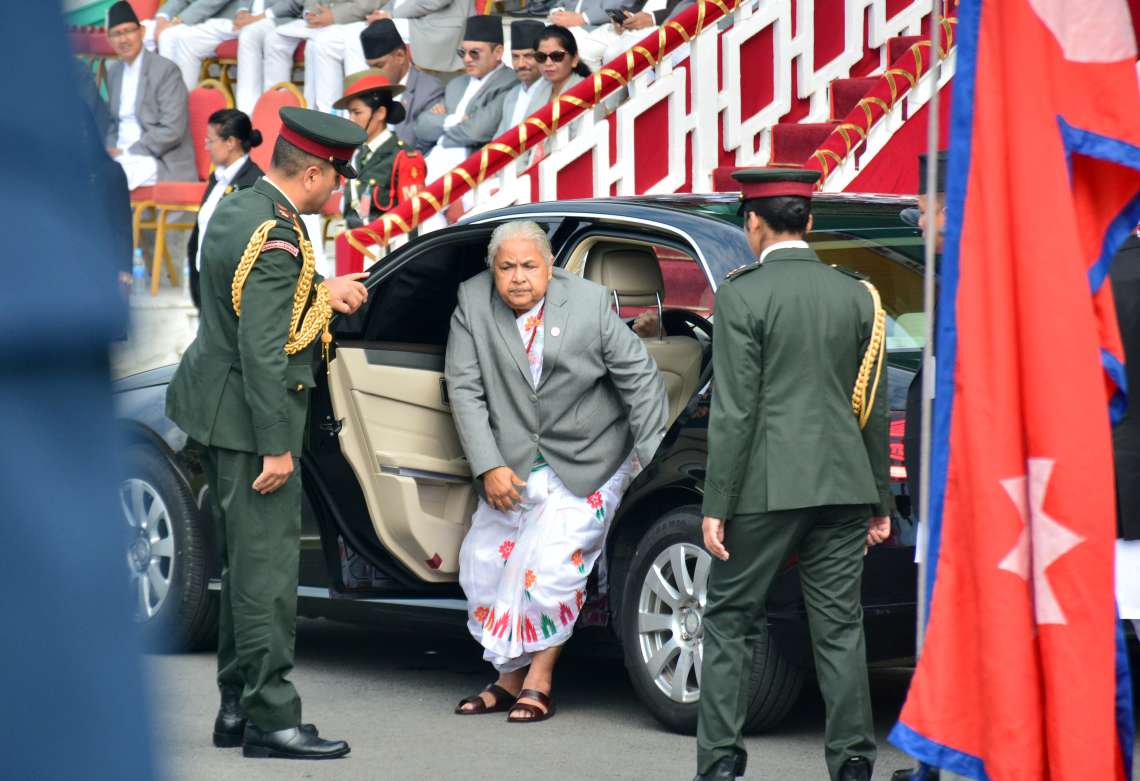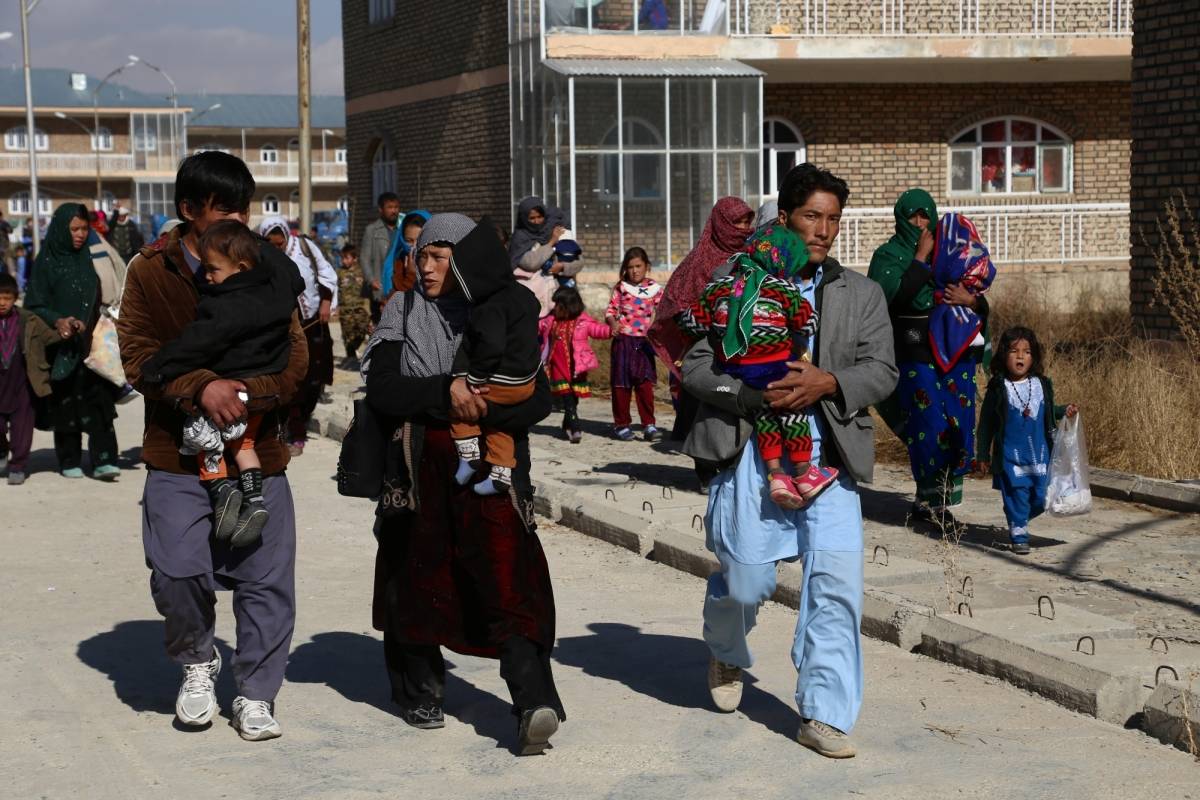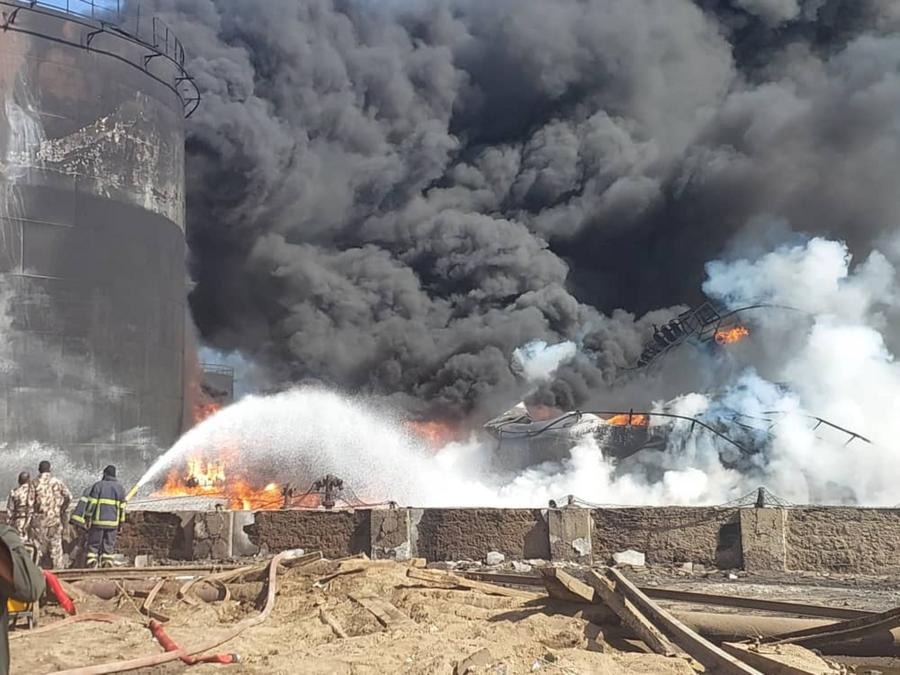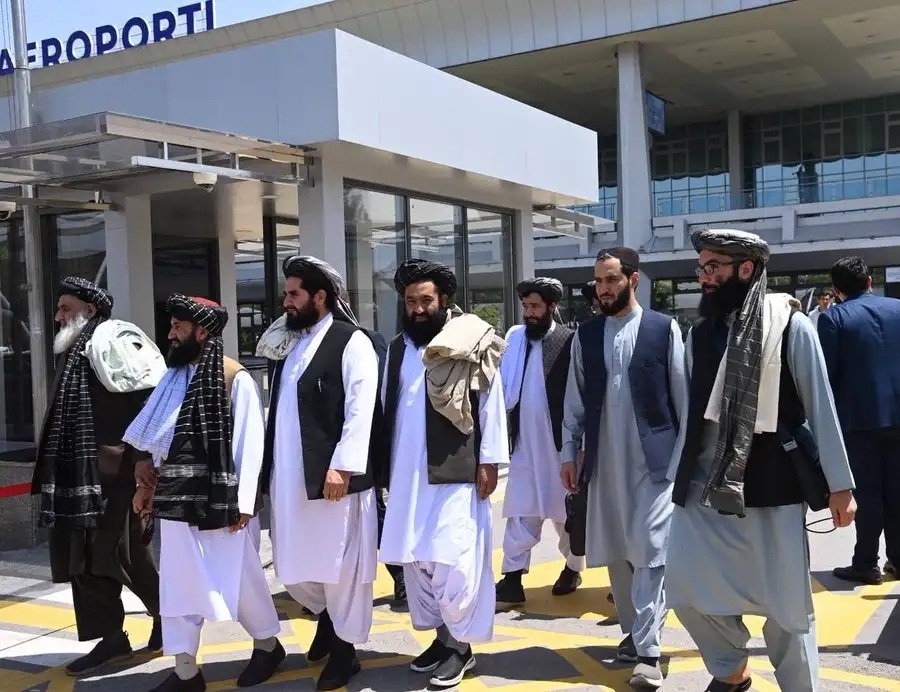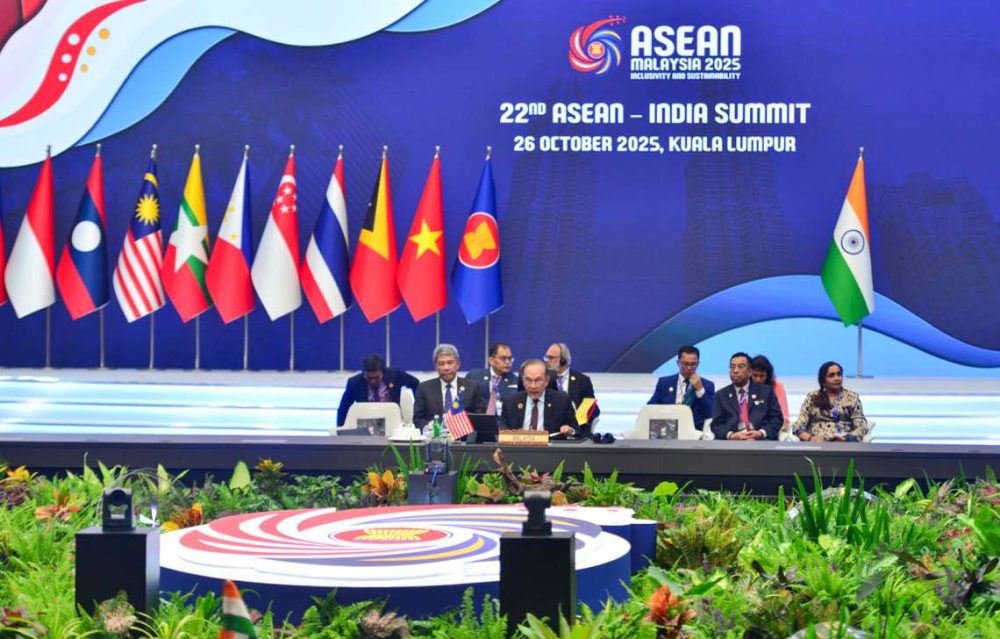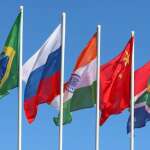Before the 12th round, the sides had concluded talks on 19 of the total 26 chapters in the FTA…reports Asian Lite News
Senior officials of India and the UK will start the 13th round of negotiations for the proposed free trade agreement from September 4, an official said on Thursday.
The two sides concluded the 12th round of negotiations on August 31.
India’s Commerce and Industry Minister Piyush Goyal has recently stated that the negotiations between India and the UK for the proposed agreement are progressing and both countries are committed to concluding the talks as early as possible.
Business and Trade Secretary Kemi Badenoch was here recently to review the progress of talks. She also held bilateral meetings with Goyal and Finance Minister Nirmala Sitharaman.
Before the 12th round, the sides had concluded talks on 19 of the total 26 chapters in the FTA. Investment is being negotiated as a separate agreement (bilateral investment treaty) between India and the UK.
The bilateral trade between countries increased to $20.36 billion in 2022-23 from $17.5 billion in 2021-22.
‘More opening up is required from India’
Meanwhile, Badenoch has said that India will have to do “more things” to match the UK’s far more open economy as they negotiate a free trade agreement (FTA).
Badenoch, who was in India for both a G20 trade and investment summit in Jaipur and FTA talks, said the deal will set a “precedence” due to its unique nature.“The UK has a relatively open economy compared to India. So of course, there will be more things that require movements on the Indian side.. if it was going to get full equivalence within the UK. I’m here to make sure that whatever deal we have, does not take anything away from the opportunities that are currently existing,” Badenoch said.
While both countries have refrained from announcing a deadline after missing an ambitious Diwali target date last year, the union commerce ministry earlier this month said officials are going to continue negotiating till the end of August which will be followed by stock-taking at a “higher level”.
Badenoch said India and the UK have closed most of the deal’s chapters.
“But as is with any kind of negotiating, the last bit is the toughest bit… We need to make sure that when the deal is done, it is something that is mutually beneficial to both India and to the UK,” Badenoch stated.
Both countries are set to take up contentious parts of the agreement such Intellectual property rights (IPR), rules of origin and investment protection in August.
Talks on IPR are crucial, as India is the world’s largest provider of generic drugs, accounting for a fifth of global supply, including to the UK’s National Health Service. Generics make up 70-80% of the domestic retail market. In contrast, the UK is a world leader in life science innovation and wants strong IPR protection. On the Indian demand to allow more skilled Indians to temporarily live and work in the UK, the British trade minister said: “For work, Indian visas are a third of the visas that the UK grants. Also a third of student visas go to India. And a third of visitor visas go to India.” “So what we’re not going to do is just create a sort of a blanket opener. What we’re doing is looking at what your requests for visas are: can we accommodate them? And what in exchange will we be getting?”
On negotiations on a bilateral investment treaty – another contentious area — Badenoch said the one negotiated in the 90s has now expired. But “people who started things under it are still covered” and the new BIT would be about “what happens to the new entrants or the new businesses who are coming in”.
“She (Sitharaman) gave me a little bit more context as to some of the issues that have occurred not just with the UK but what they’re trying to prevent…. actually the approach we take is we look at the problem that needs resolution, and then we work to solve that problem, rather than working to copy-and-paste exactly what we had before, which isn’t going to be possible,” she added.
On the dysfunctional World Trade Organization appellate body, Badenoch said that smaller countries are the ones which are most at risk from the absence of a proper dispute settlement mechanism. “That is one of the reasons why it is the number one agenda item for the (WTO) ministerial conference that will be taking place in the UAE in February.”
ALSO READ-India, EU FTA talks progressing well but lots of work to be done


